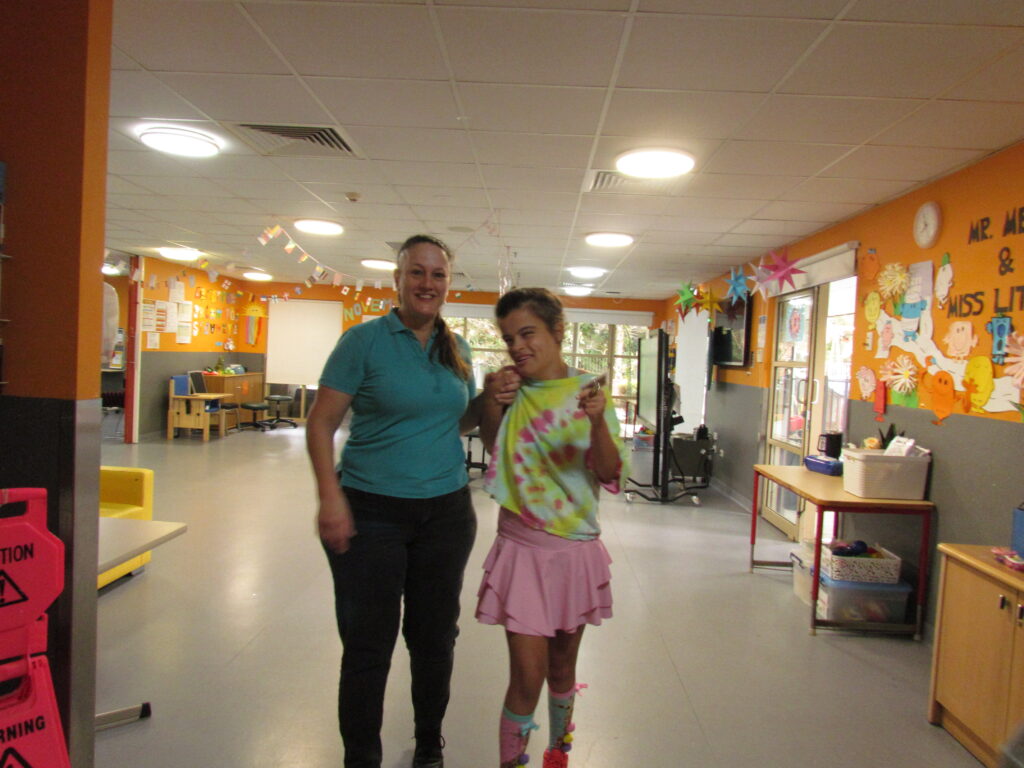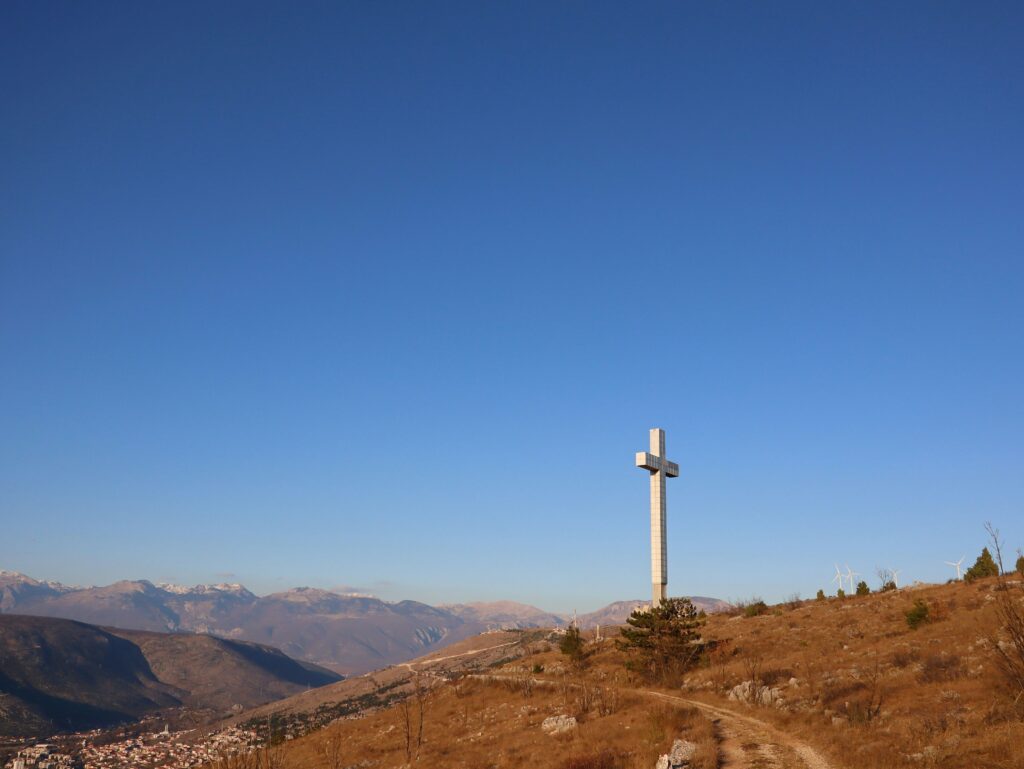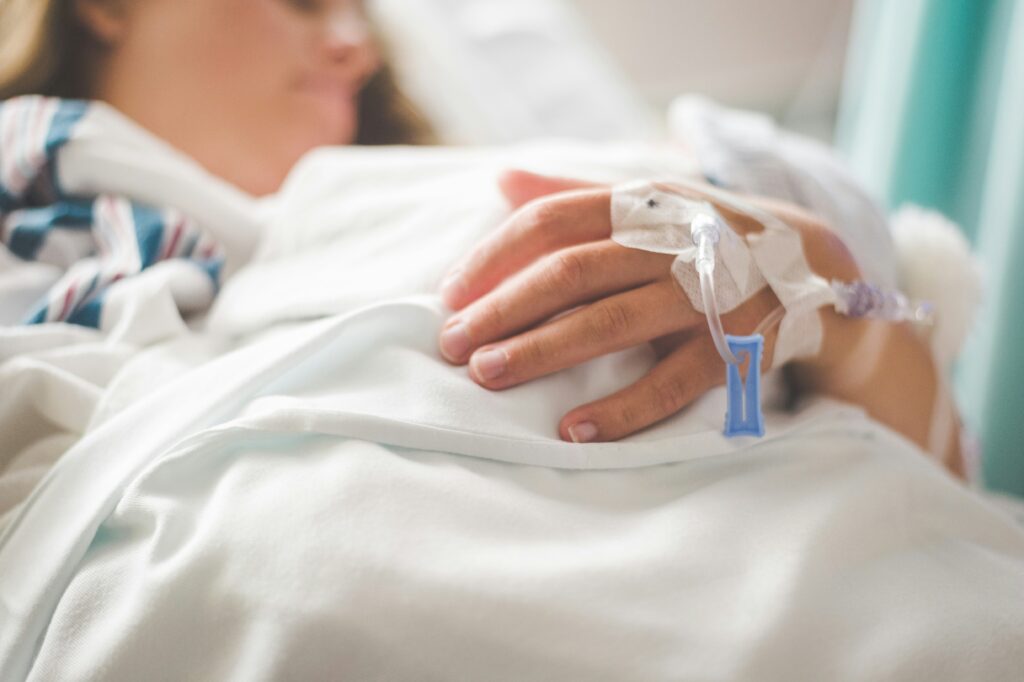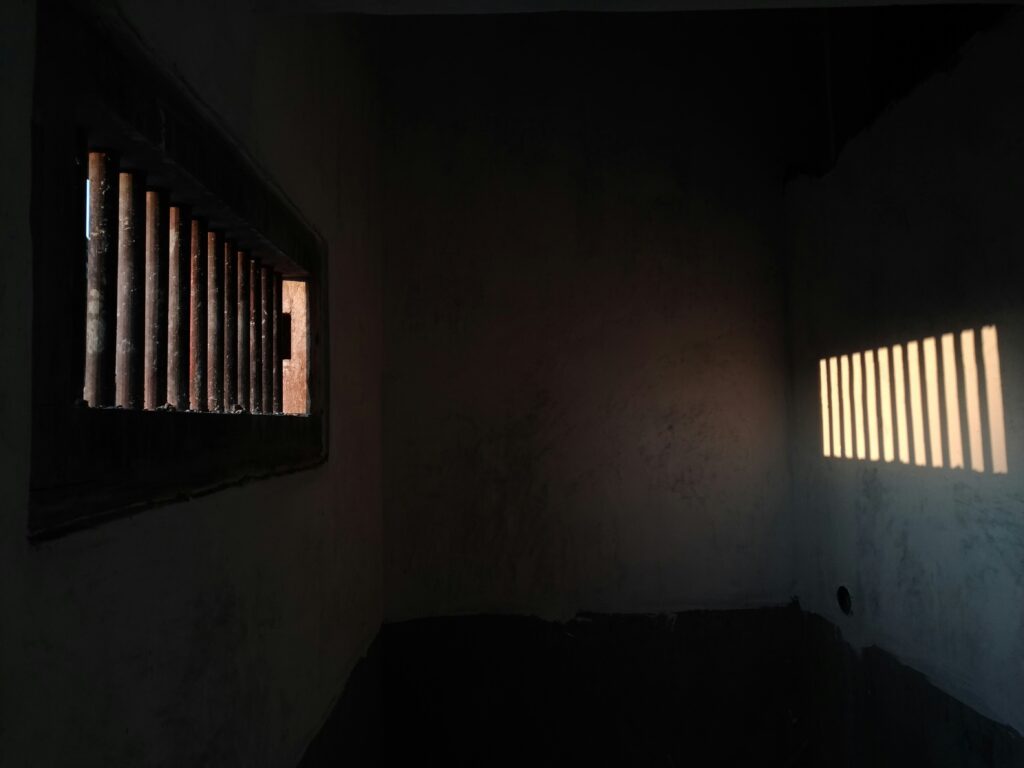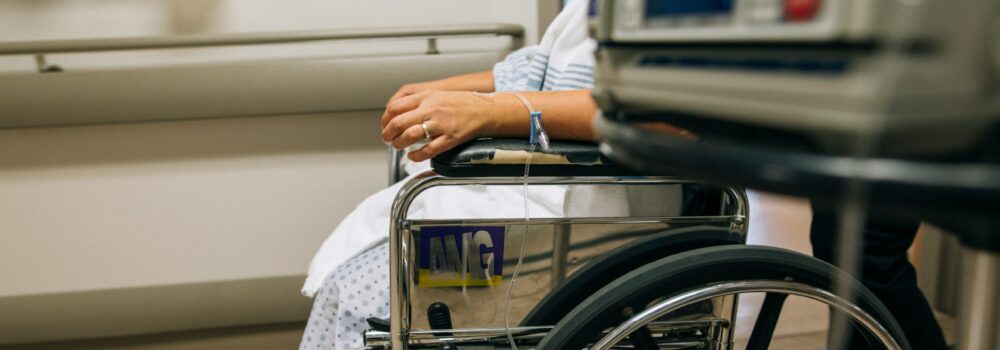
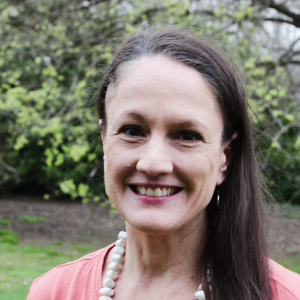
Rochelle Wainwright
Chaplain at Allowah & The Children's Hospital at Westmead
Before I was a Chaplain, I was a nurse. And some of the most powerful moments of my journey happened in the quiet, sacred spaces where care, grief, and hope meet. This International Nurses Day, I’m especially grateful for the nurses who walk the cancer journey with children and families—and for the chaplains who walk with them. Here’s a bit of my story.
International Nurses Day is significant for me as a Chaplain for a few reasons.
Celebrating International Nurses Day always takes me back to my years working as a Registered Nurse at The Children’s Hospital at Westmead. In fact, it was during my nursing career that I crossed paths with Hospital Chaplain Rhonda Daley, and benefited from her spiritual support after the unexpected death of a patient. I really appreciated Rhonda sitting down with me and praying with me when the time was right. Little did I know at the time that many years later I would be the Jericho Road Chaplain at the Children’s Hospital at Westmead, spiritually supporting nursing staff as they care for sick children and their families.

I am the chaplain on the Oncology wards, where nursing staff care for children and families facing childhood cancer. As a nurse, I always thought that it would take a “special nurse” to work on the cancer wards, and as a Chaplain, I still believe this. Nurses on the cancer wards provide holistic care to children and families during the cancer journey, starting with the shock of diagnosis, then the intense treatment protocols, and sometimes sadly caring for children and families when a cure is no longer possible and palliative care begins. Nursing staff on the cancer wards recognise the importance of spiritual care for sick children and their families, and see how spiritual care supports coping and a “good death.”
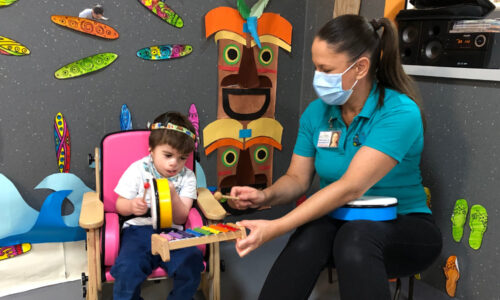
Nurses on the cancer wards appreciate the chaplaincy support that I provide, chaplaincy support that respects the family’s faith background and encourages families to lean into their faith background for support during the cancer journey. Nursing staff appreciate a chaplain who provides spiritual care according to the family’s wishes rather than imposing spiritual care onto a family that already feels a loss of control over their lives ever since their child was diagnosed with cancer. It has been helpful as a chaplain to recognise the different spiritual needs of families at different stages of the cancer journey and to tailor spiritual support for these different stages. Diagnosis is a time of shock, fear, and information overload, so a simple Bible verse printed with a picture is all that families can manage, a Bible verse that reminds them of God’s ever-presence. Then, as families settle into the cancer treatment protocols, Bible verses remind them that God will be their shepherd, strength, rock, and the one who collects their tears in his jar. The end of the treatment journey can result in remission, relapse, or eternal cure, with different Bible verses being helpful depending on the circumstances.
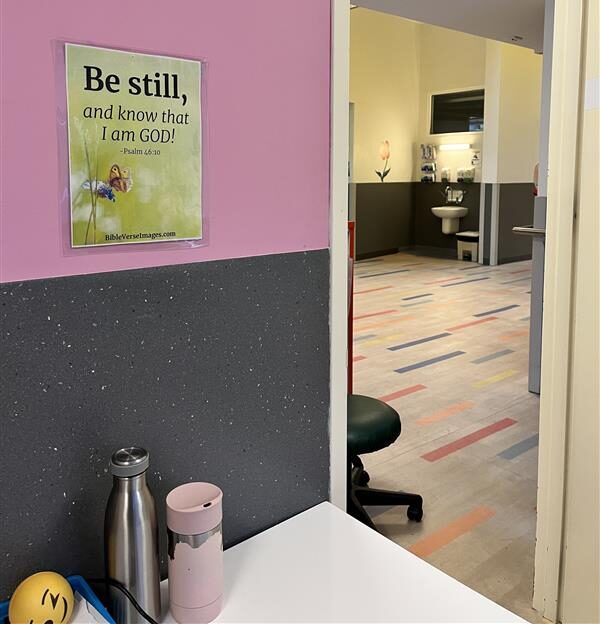
The nursing staff that I work alongside as a Chaplain see the comfort and strength that these laminated Bible verses (with pictures) provide these families facing cancer. They see how the Christian teenager facing cancer treatment needs these words from God, even and especially when they are facing death. Nursing staff see how meaningful it is to families for the chaplain to read Bible passages that are meaningful to them, and to pray for them. As their chaplain, I see Christian families grieving with eternal hope, and nursing staff witness this too. Chaplaincy support is not just for patients and families but is available to nursing staff as well. This support might be the nonverbal support of a compassionate glance across the patient room, it might be checking in with nursing staff during a difficult shift to see how they are going, it might be letting nurses know that you are praying for them and available if they want a listening ear.
Nurses are a resilient bunch, so often prefer to “work on” or turn to each other, however, I will never forget how important it was for this chaplain-nurse all those years ago to have a Chaplain to turn to, and so I continue to walk the wards and corridors with eyes attuned for nurses who just might need the support of a chaplain.

